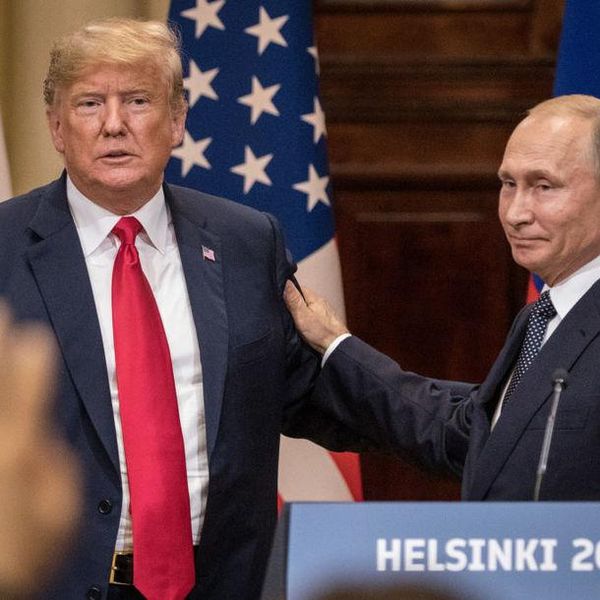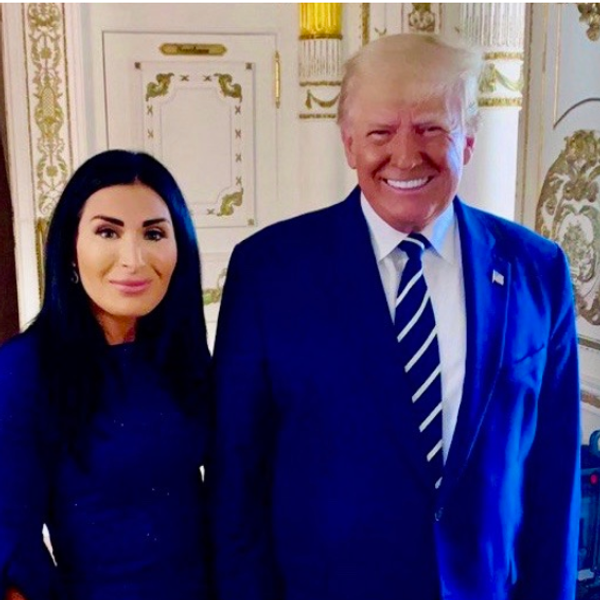CAIRO (AFP) – Fresh violence hit Egypt Thursday, with Islamists going on the counterattack a day after a crackdown on supporters of ousted president Mohamed Morsi sparked clashes that killed hundreds and drew international censure.
The country awakened to an unusual calm after an overnight curew imposed by the army-backed government, but Morsi supporters vowed to rally again to demand his reinstatement and violence erupted as the day progressed.
Islamists attacked police facilities in the Sinai and the central city of Assiut, killing two policemen, and also torched the headquarters of the provincial government in Giza, near the capital.
In Alexandria, hundreds of Morsi supporters cut the road on the corniche, chanting for their deposed president, state media reported.
In Beni Sueif province, they took to the streets to denounce the police and army crackdown Wednesday on two protest camps in Cairo that sparked nationwide clashes in which at least 525 people died.
The Muslim Brotherhood, from which Morsi hails, said a march was planned from the Al-Iman mosque in the capital “to protest the death of their relatives.”
And spokesman Gehad al-Haddad said demonstrations would continue.
“We will always be non-violent and peaceful. We remain strong, defiant and resolved,” he tweeted. “We will push forward until we bring down this military coup.”
Morsi loyalists have insisted their demonstrations are exclusively peaceful, but an AFP reporter saw several protesters carrying weapons at Rabaa al-Adawiya, one of the camps, on Wednesday.
In Cairo, trucks cleared debris from the charred sites there and at the Nahda Square protest camp, both occupied for weeks by Morsi loyalists after he was ousted by the military on July 3.
As the death toll from the carnage soared, condemnation of the assaults poured in, with France warning of the threat of “civil war” and Turkey demanding UN action.
The United States led a global outcry against the “deplorable” violence, while Paris, London, Berlin and Rome summoned Egypt’s ambassadors to voice their strong concern.
The White House said Washington, which provides Egypt with $1.3 billion in annual military aid, “strongly condemns” the violence against the protesters and opposed the imposition of a state of emergency.
It said President Barack Obama would make a statement on the crisis at 1415 GMT Thursday.
French President Francois Hollande said “everything must be done to avoid a civil war,” adding that France “is committed to finding a political solution and calls for elections to be held as soon as possible, in line with the commitments made by Egypt’s transitional authorities.”
Turkey’s Prime Minister Recep Tayyip Erdogan, a Morsi supporter, called for an urgent UN Security Council meeting over Egypt’s “massacre.”
Only the United Arab Emirates and Bahrain voiced support for Egypt’s military leaders, saying it was the state’s duty to restore order.
Egypt’s now-censored press trumpeted the end of the pro-Morsi demonstrations.
“The nightmare of the Brotherhood is gone,” daily Al-Akhbar’s front page headline read.
Mohamed ElBaradei to resign “The Brotherhood’s last battle,” added Al-Shorouk.
The newspapers carried photos of protesters brandishing weapons and throwing stones, but none from makeshift morgues where dead protesters were lined up in rooms slick with blood.
Numerous churches were attacked as police broke up the protests, with Christian activists accusing Morsi loyalists of waging “a war of retaliation against Copts in Egypt.”
Wednesday’s violence was Egypt’s worst in decades, exceeding even that seen during the 18-day uprising that ousted president Hosni Mubarak in 2011.
While the health ministry put the toll at 525, the Brotherhood spoke of 2,200 dead overall and more than 10,000 wounded.
The killing prompted interim vice president and Nobel laureate Mohamed ElBaradei to resign, saying he was troubled over the loss of life, “particularly as I believe it could have been avoided.”
Despite the condemnation from abroad, Egyptian interim prime minister Hazem al-Beblawi praised the police for their “self-restraint” and said the government remained committed to an army-drafted roadmap calling for elections in 2014.
Beblawi justified the use of force saying Morsi loyalists had been sowing chaos around the country, “terrorizing citizens, attacking public and private property.”
“The state had to intervene to restore security and peace for Egyptians,” Beblawi said, adding that a state of emergency declared by the president was necessary under the circumstances.
He urged all sides to work for the next phase in preparation for fresh elections in 2014, and added: “This government is committed to the roadmap, to having a consensus constitution that protects all rights… based on social justice.”
Wednesday’s violence was a dramatic turn of events for the Brotherhood, which just over a year ago celebrated Morsi’s victory as Egypt’s first elected president.
His single year in power, marred by political turmoil, deadly clashes and a crippling economic crisis, turned many against the Islamist movement, with millions taking to the streets on June 30 to call for his removal.








